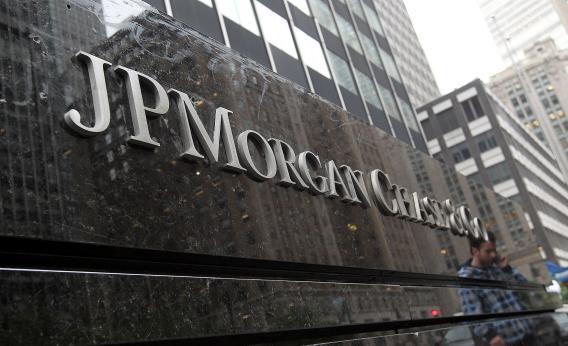JPMorgan should consider a whale of a bonus. Not a Shamu-size payout, but rather one referencing the London trader with the marine mammal moniker who is at the center of at least $2 billion of trading losses from the bank’s chief investment office.
Many details are still unknown about the disastrous hedges disclosed last month, so it’s not obvious how such a scheme might work. It also doesn’t necessarily follow that linking bonuses to a wide swath of the bank’s employees makes sense. But the performance of the trade should probably be a part of 2012 incentive pay for employees in the CIO and senior management, including Chief Executive Jamie Dimon.
One way to make JPMorgan executives eat their own cooking would be as follows. Once the size of the group’s 2012 bonus pool is determined, the bank could create a synthetic bond whose notional size mirrors the performance of the so-called Whale trade. The bonus pool essentially would buy the long side of that derivative and the resulting bonds would be delivered to employees in the form of bonuses.
This long-term compensation would be linked to the fate of the bad hedges. The bonds would mature when the trade does. Any losses in the securities doled out to bankers ultimately would benefit JPMorgan and its shareholders. Any gains would flow to the employees involved.
Such an arrangement has worked before. Credit Suisse pioneered the idea of paying banker bonuses with toxic securities. They didn’t love the idea in 2008. But those employees aren’t doing badly. Though it has several more years to maturity, Credit Suisse’s Partner Asset Facility is up by about 80 percent. The Swiss mega-bank rolled out a similar follow-up scheme last year.
A JPMorgan whale bonus wouldn’t make shareholders whole. But it could potentially remove some of the sting from the foul-up. It would also make holding the bad trades to maturity a little less painful for the bank and signal to the market it isn’t a distressed seller. Most importantly, it would support a precedent for bankers being more directly responsible for their mistakes. Getting that idea to catch on could turn JPMorgan’s trader into a real killer whale.
Read more at Reuters Breakingviews.
